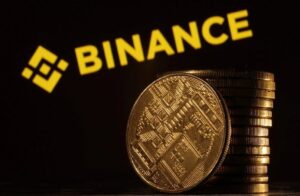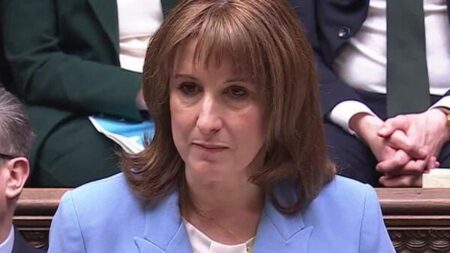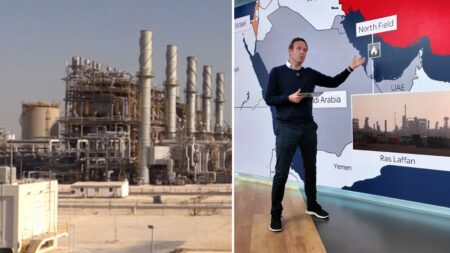Most markets rose on Tuesday as investors focused on the possibility of a meeting between U.S. President Donald Trump and Chinese leader Xi Jinping. This potential talk could ease tensions in the ongoing trade war between the world’s two largest economies.
After weeks of calm, Trump accused China over the weekend of breaking an agreement to reduce tariffs. He threatened to double tariffs on steel and aluminium imports, which caused a drop in Asian markets on Monday. However, hopes for a direct conversation between Trump and Xi lifted markets on Tuesday.
The U.S.-China trade war has involved heavy tariffs from both countries. Recently, leaders had agreed to reduce some of these tariffs. Trump’s recent comments cast doubt on that deal, but he remains hopeful for progress through talks with Xi. It is not clear yet if Xi is ready for a conversation. However, Trump’s economic adviser suggested talks might happen this week.
Officials from both countries plan to meet on the sidelines of an Organisation for Economic Co-operation and Development meeting in Paris this Wednesday. The OECD lowered its global growth forecast for 2025 from 3.1% to 2.9% and cut the U.S. growth estimate from 2.2% to 1.6%. The organization warned that trade barriers, weak confidence, and policy uncertainty could hurt growth if they continue.
Despite the trade tensions, investors were mostly positive on Tuesday. Hong Kong’s Hang Seng Index rose over 1%, and Shanghai’s market gained after a long holiday, even though data showed Chinese factory activity shrinking at its fastest pace since September 2022. Other markets in Sydney, Taipei, Bangkok, Jakarta, and Manila also rose. London’s market was flat while Tokyo, Singapore, Wellington, and Mumbai saw declines. South Korea’s market was closed due to a presidential election.
Wall Street’s gains were led by strong earnings reports from tech companies like Nvidia. Yet, analysts remain cautious. The tariff increase adds uncertainty and tension. European steelmakers called Trump’s tariff threat “another body blow.” The tariffs also affect Canada, which might respond with retaliations. The U.S.-China talks are also strained by issues involving rare earth metals, student visas, and technology exports.
U.S. Commerce Secretary expressed optimism about a trade deal with India in the near future. Japanese trade officials are planning another trip to Washington for further negotiations. Meanwhile, the U.S. Senate has started debating Trump’s tax bill, which could add $3 trillion to the national debt. The plan includes tax cuts and budget cuts that might affect healthcare access for millions of low-income Americans.
Oil prices continued to climb after Ukraine attacked Russian bombers inside Russia. West Texas Intermediate crude briefly jumped 5% on worries about the Russia-Ukraine conflict and possible new U.S. sanctions against Moscow. The price surge was also supported by an OPEC+ decision to increase crude output less than expected. At around 0810 GMT Tuesday, oil prices were up nearly 1% with Brent crude at $65.18 per barrel and WTI at $63.11.
At 0810 GMT, Tokyo’s Nikkei 225 was down 0.1% at 37,446.81, Hong Kong’s Hang Seng Index was up 1.5% at 23,512.49, Shanghai Composite was up 0.4% at 3,361.98, and London’s FTSE 100 was flat at 8,770.55. The euro fell to $1.1420, the pound to $1.3521, and the dollar rose to 142.90 yen. The Dow Jones rose 0.1% to 42,305.48 points.














